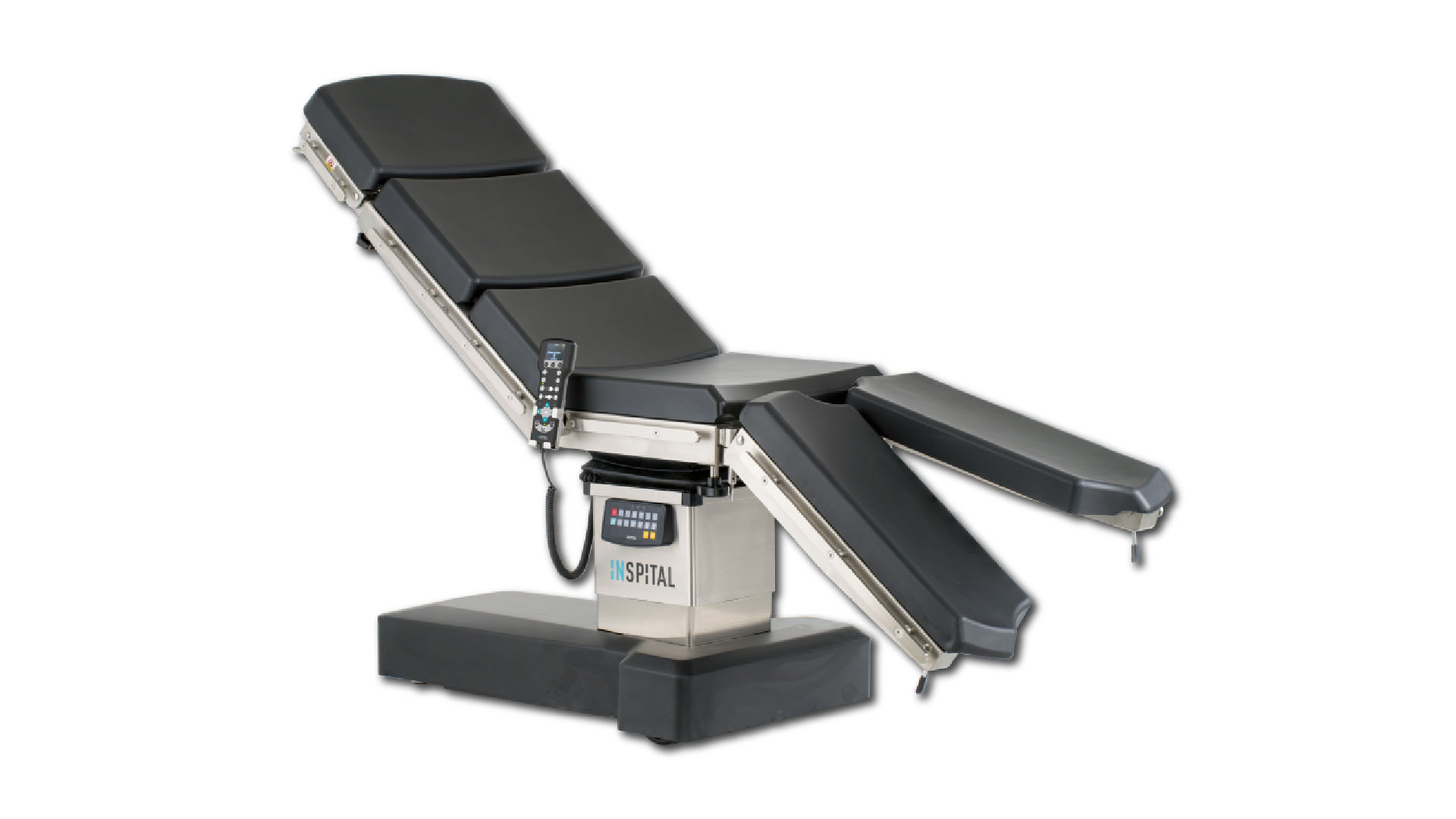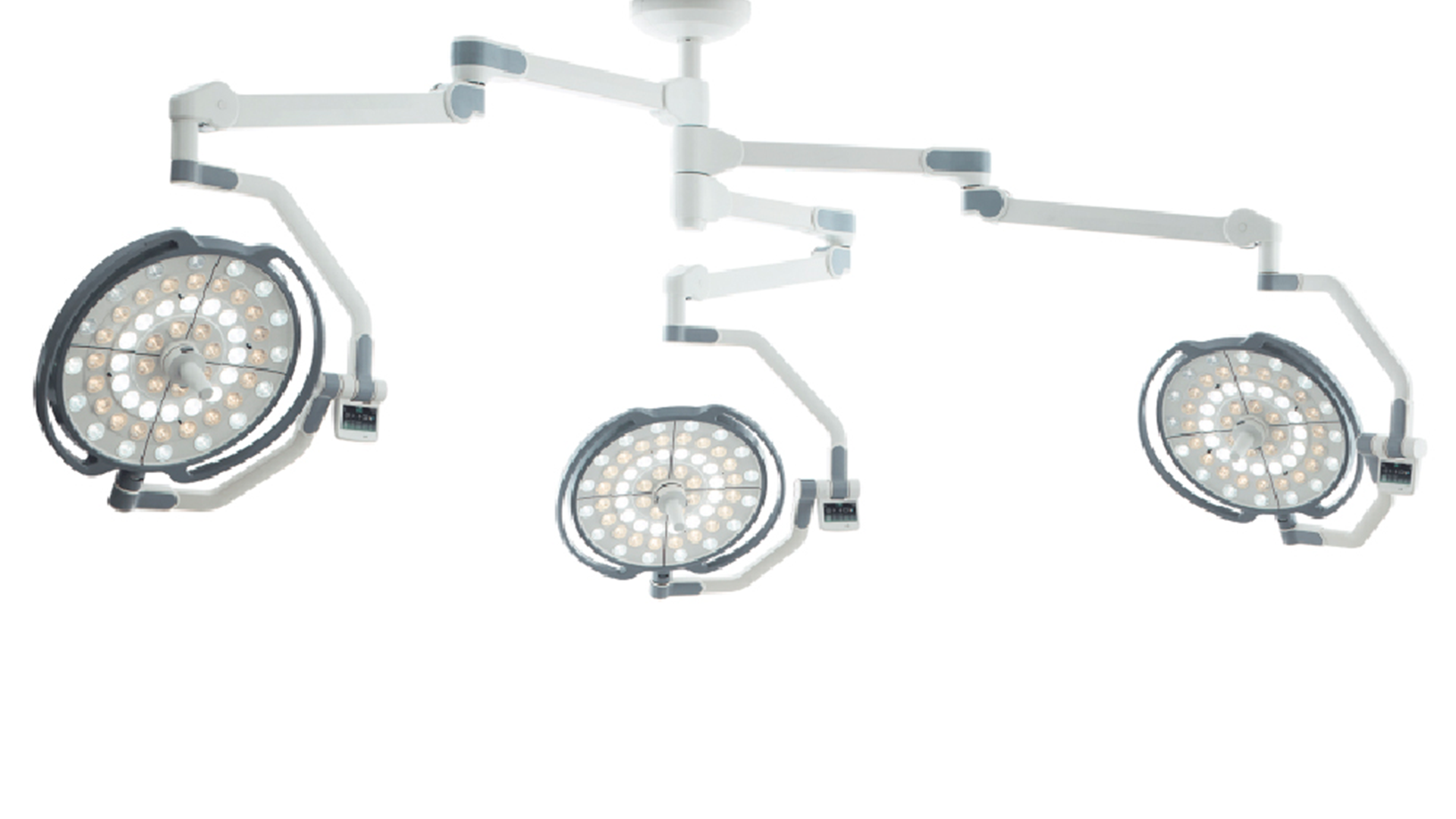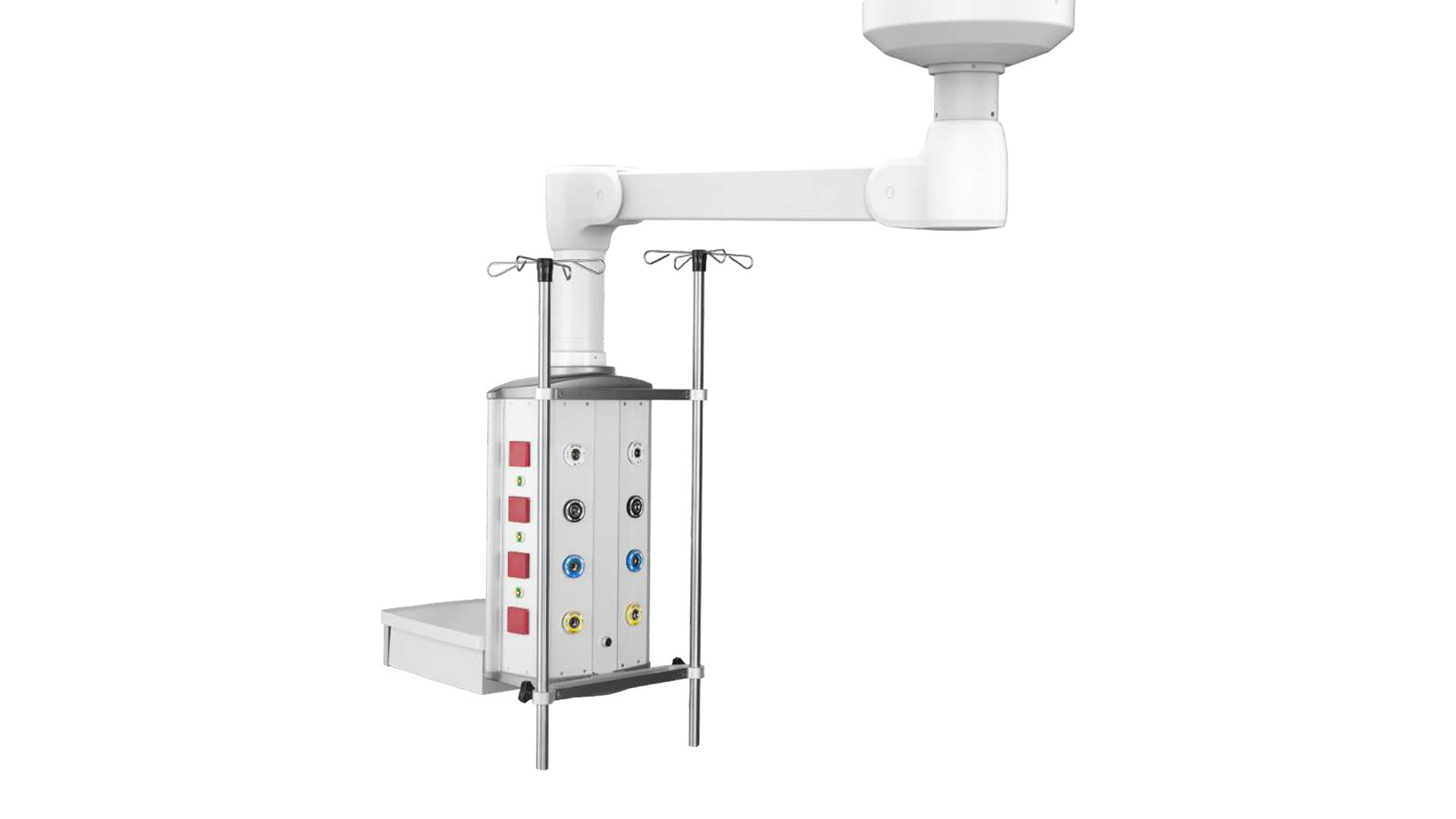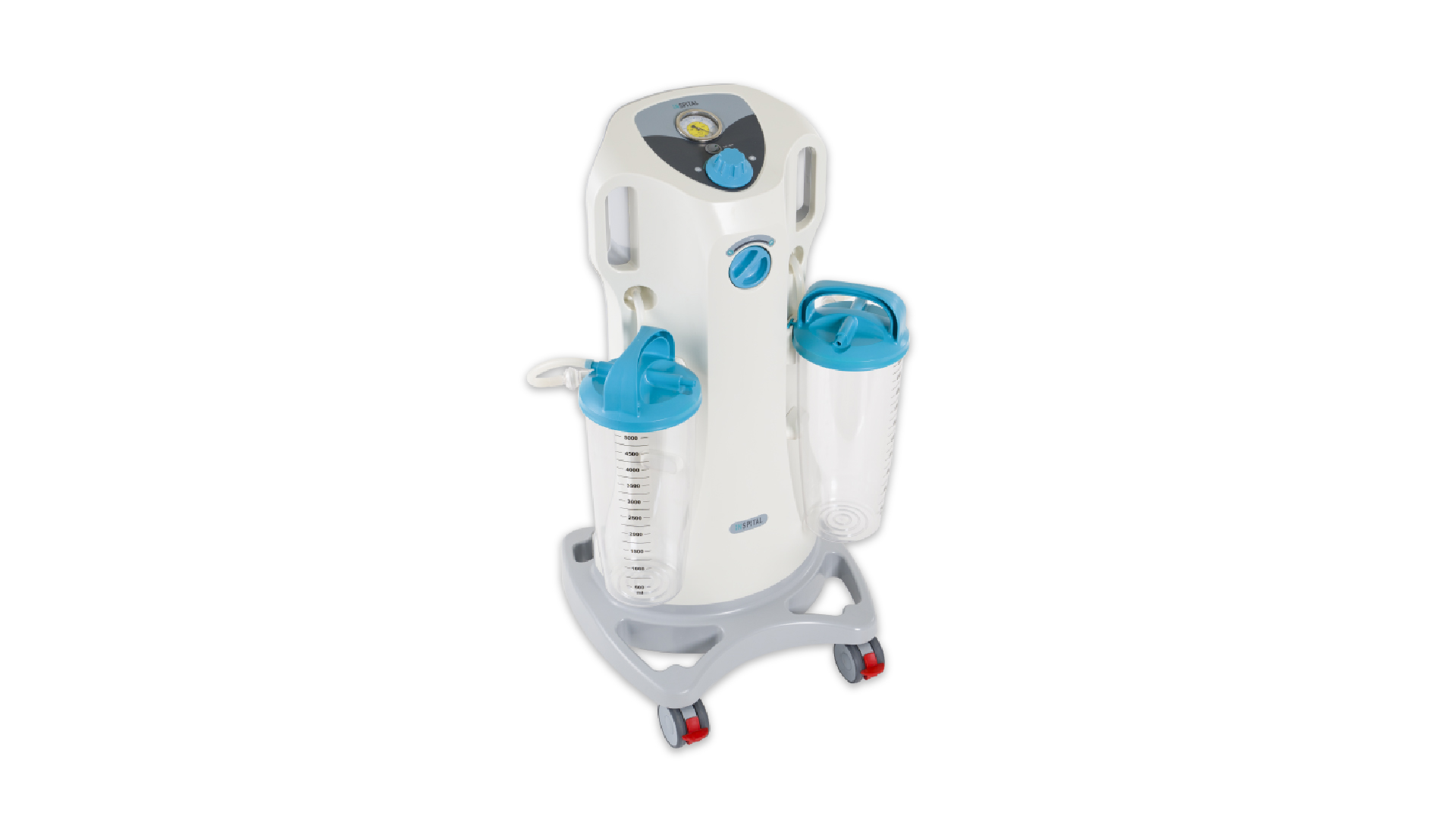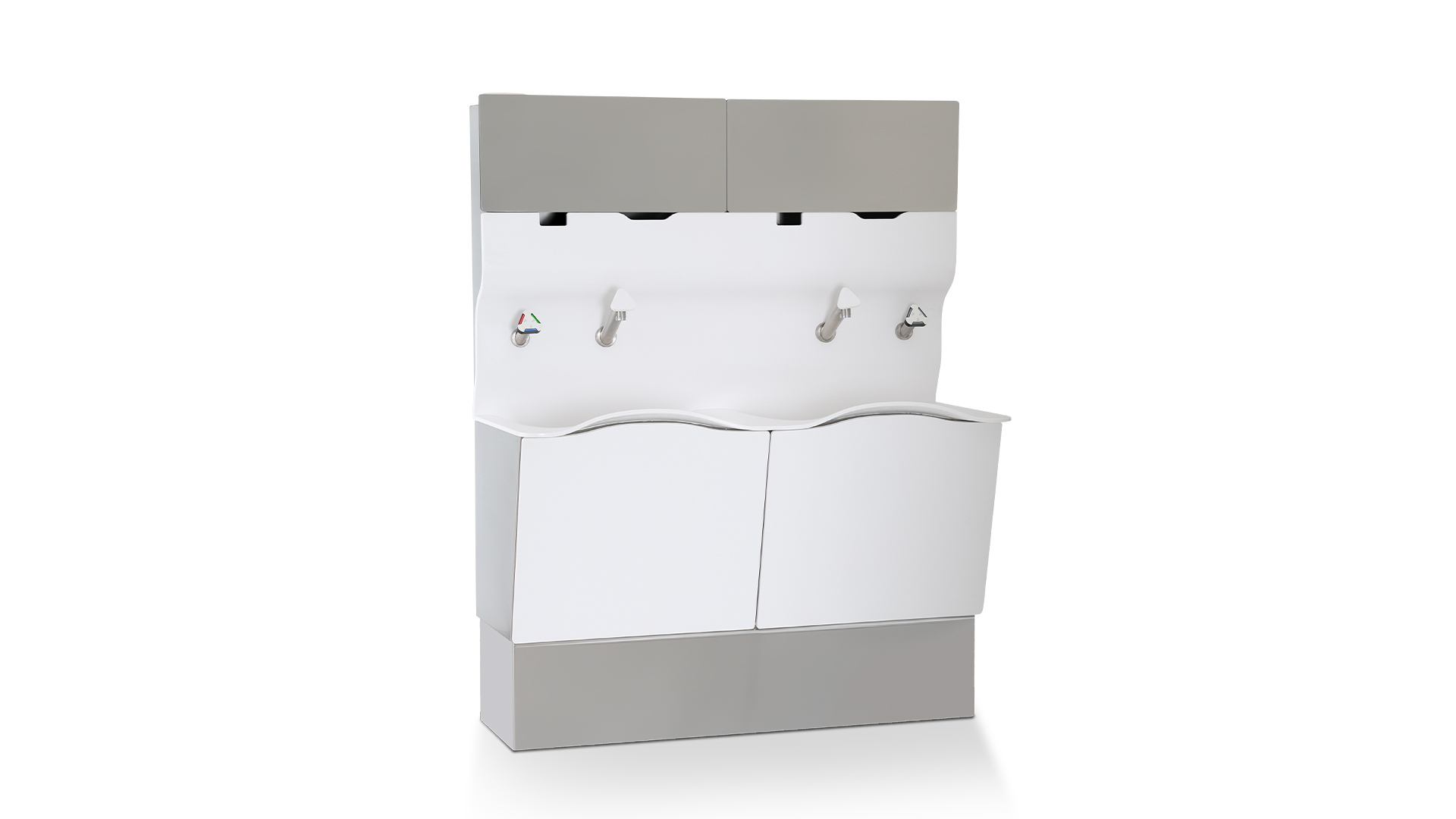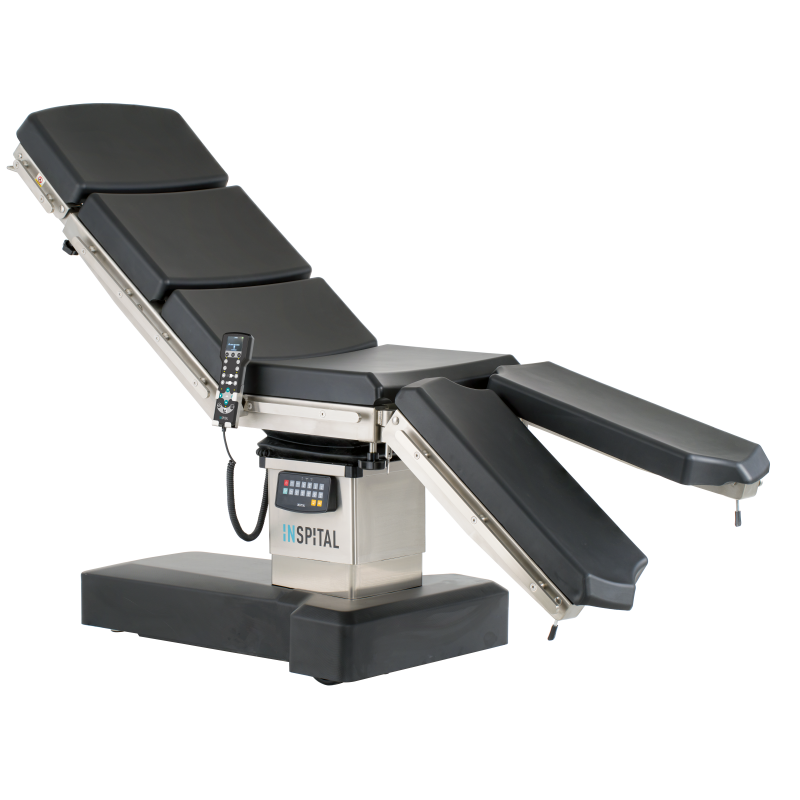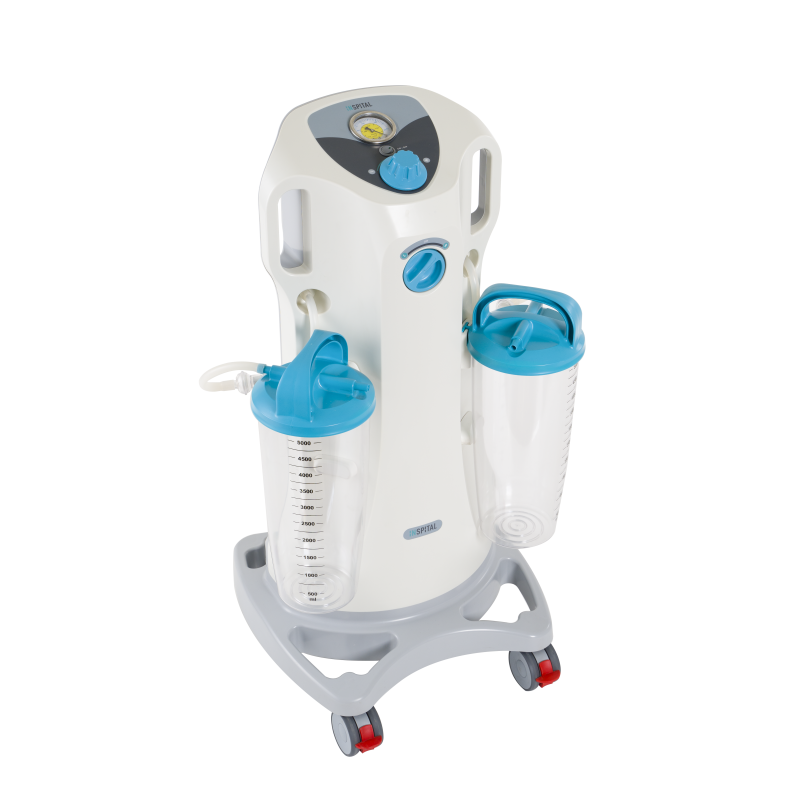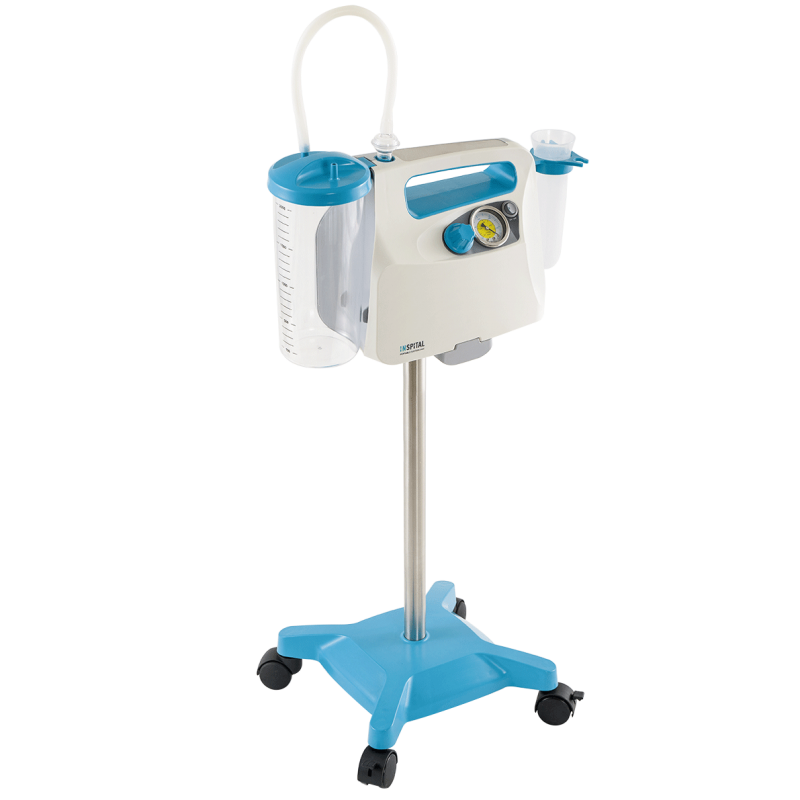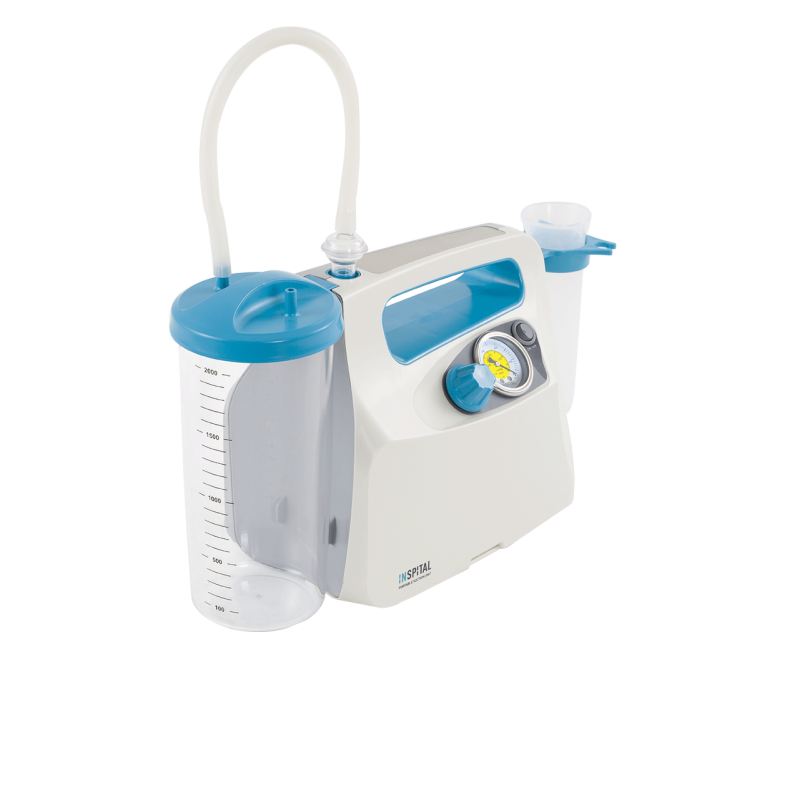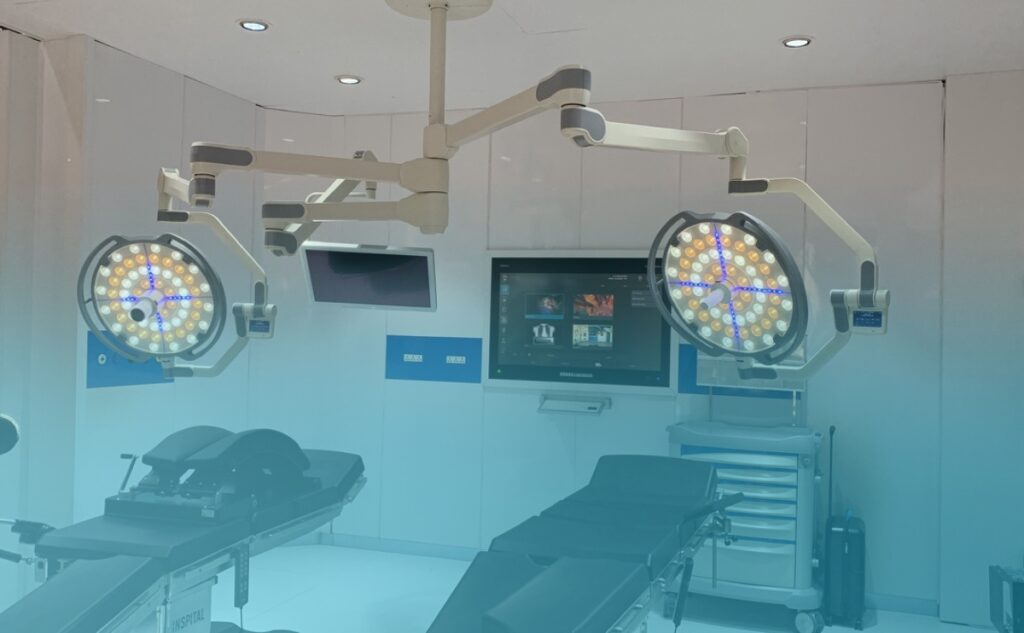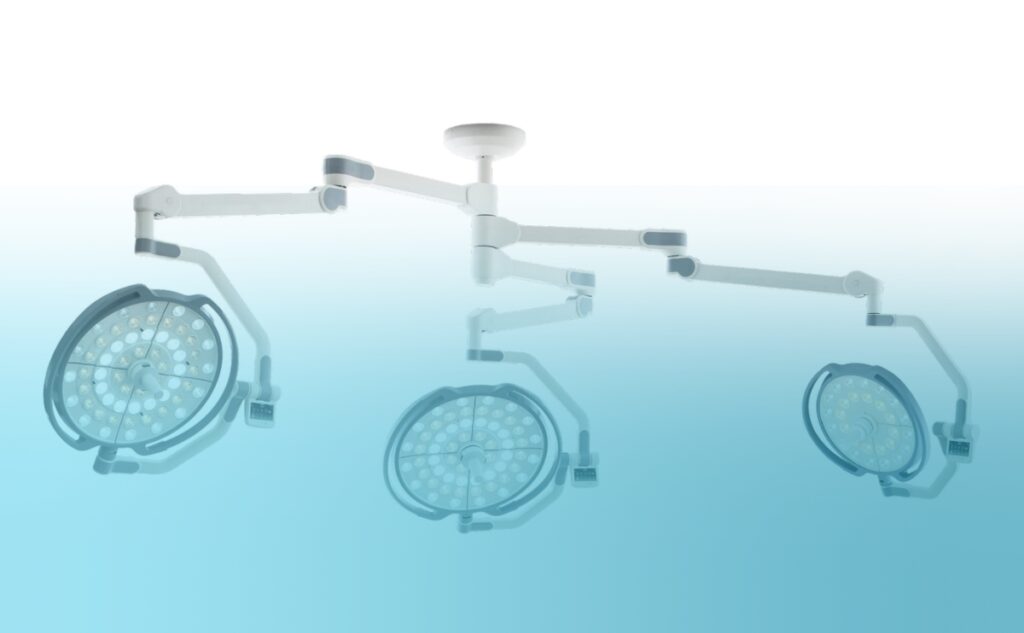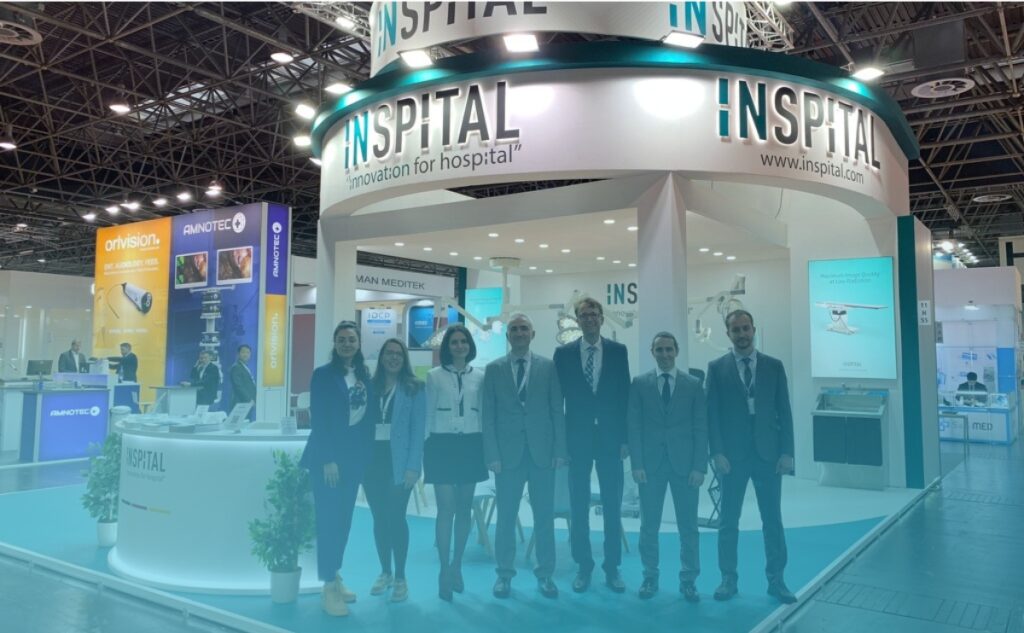From Idea to Product: The Development of the Inspital Operating Table OT80.20 NOVUS
- Inspital Medical Technology, Operating Table

Contents
1. The Innovation Phase: Needs Assessment
Every new development begins with a detailed analysis of the requirements of surgeons, anesthesiologists, and OR staff. In this phase, Inspital relies on comprehensive market studies, interviews with medical professionals, and the evaluation of current research findings. The following questions were central:
- What ergonomic improvements are necessary to facilitate work in the OR?
- How can the table be more flexibly adapted to different surgical disciplines?
- What innovations can increase patient safety?
- How can handling be further optimized to improve workflow in the OR?
Based on this feedback, Inspital developed a concept for a state-of-the-art operating table that is optimized for both general and specialized procedures. The goal was to create not just a product that meets current standards, but one that revolutionizes the OR area.
2. Concept Development and Prototyping
After the ideation phase comes the concept phase. Inspital's engineers worked closely with medical experts to create initial design models. The most important requirements were:
1 Maximum Flexibility The OT80.20 NOVUS operating table is equipped with multiple adjustable segments that can be individually adapted to various surgical procedures. | 2 Highest Stability Thanks to a robust construction, the table offers high load capacity and safety for patients and medical staff. |
3 Ergonomic Operation Intuitive control facilitates patient positioning and minimizes physical strain on the OR team. | 4 Integration of Cutting-Edge Technologies The table features advanced electronic control that enables precise movements and patient positioning. |
Based on these requirements, an initial prototype was developed and tested in realistic OR scenarios. Inspital uses an iterative process here, where the design is continuously adapted to the results of the tests to achieve the highest perfection.
3. Testing and Validation Phase
Before the OT80.20 NOVUS operating table was released for the market, it underwent extensive testing, such as mechanical stress tests, ergonomic tests, electronic and hydraulic tests, clinical evaluation, and long-term tests. Every insight from these tests was incorporated into further optimizations to ensure a perfected final product. In this process, Inspital works closely with independent testing bodies to guarantee the highest quality standards.
*Explanations:
Mechanical Stress Tests: Verification of stability and durability under various load scenarios.
Ergonomic Tests: Ensuring user-friendliness through simulations with medical professionals.
Electronic and Hydraulic Tests: Examination of control elements and adjustment mechanisms for reliability.
Clinical Evaluation: Tests in realistic OR environments to validate practical applicability.
Long-Term Tests: Simulated continuous stress to ensure product longevity.
4. Certification and Approval
The OT80.20 NOVUS operating table meets all regulatory requirements according to the European MDR (Medical Device Regulation) as well as international standards. The certification phase included:
- Detailed technical documentation
- Risk assessments and safety analyses
- CE marking and international approvals
- Quality assurance according to ISO 13485
Only after successful certification could serial production begin. Inspital ensures that all legal requirements are met so that customers worldwide can rely on the highest quality and safety.
5. Production and Market Launch
The production of the OT80.20 NOVUS takes place in Inspital's state-of-the-art manufacturing facilities under strict quality controls. Each table undergoes extensive testing before it is delivered. As a company, we focus on:
- High-precision manufacturing processes to ensure maximum accuracy and stability.
- Sustainable materials that are both environmentally friendly and durable.
- Rigorous final inspections, where each table is checked multiple times before delivery.
In parallel, comprehensive training for medical professionals was developed to ensure optimal use in the operating room. Through Inspital's global distribution network, the OT80.20 NOVUS operating table is now in use worldwide, improving workflows in numerous clinics.
6. Continuous Improvement
The market launch is just the beginning. Inspital relies on continuous feedback from users to further optimize the OT80.20 NOVUS. New technological developments, ergonomic improvements, and digital control solutions are continuously integrated into product generations.
For this purpose, the company operates its own innovation center, where engineers and medical professionals work together on the further development of the operating table. The goal is to identify future challenges in the operating room area early on and to meet them with pioneering solutions.
Conclusion on the Development of the OT80.20 NOVUS Operating Table
The development of the Inspital OT80.20 NOVUS demonstrates how innovative medical technology is created: through close collaboration with professionals, state-of-the-art manufacturing technologies, and consistent quality management. Inspital sets standards for operating tables and contributes to improving surgical efficiency and patient safety with each new product.
Thanks to a structured development process, highest quality standards, and continuous innovation, Inspital remains at the forefront of the medical technology industry. The OT80.20 NOVUS operating table is not just a product – it is the result of passion, expertise, and the relentless pursuit of perfection in medical technology.
Current News
- Current News, Inspital Medical Technology, Research
News Press
Here you will find current news about trade fairs, congresses, PR and other relevant topics.
